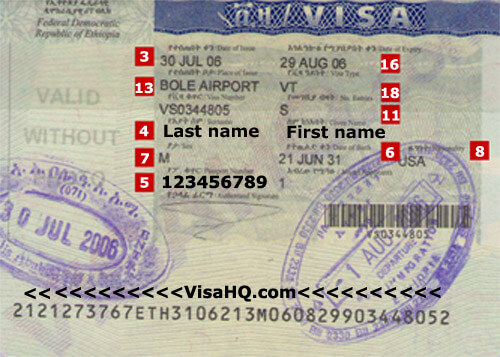Ethiopia Embassy list in Afghanistan
Need help?Chat with us
Importance of Trip Registration at the Ethiopia Embassy
Registering your trip with the Ethiopia embassy is crucial for ensuring safety, effective communication, and access to support during emergencies. In case of natural disasters such as earthquakes or floods, registration provides the embassy with your details, allowing them to reach out and assist you swiftly. Similarly, during instances of political unrest, having your information registered helps the embassy facilitate evacuation or provide guidance for your safety. Furthermore, in medical emergencies, the embassy can steer you to appropriate healthcare services and possibly assist with medical evacuations. Without registration, you may find yourself isolated and without the necessary support in uncertain times. It is an essential step for all Ethiopian nationals traveling abroad.
Ethiopia Embassy FAQs
Can the Ethiopia embassy assist in legal issues abroad?
Yes, the Ethiopia embassy can provide assistance with legal issues by offering guidance and referrals to local legal services. However, they cannot act as a legal representative.What should I do if I lose my Ethiopia passport in Afghanistan?
If you lose your passport, report it to the local authorities and then contact the Ethiopia embassy for assistance with obtaining a replacement passport.Does the Ethiopia embassy provide notary services?
Yes, the Ethiopia embassy offers notary services for documents that require authentication for use in Ethiopia.How can I get information on travel advisories for Ethiopia?
Travel advisories can be obtained through the embassy’s website or by contacting them directly for the latest updates on safety and security.Can the Ethiopia embassy help with visas for family members?
Yes, the Ethiopia embassy can assist with the visa application process for family members looking to travel to Ethiopia.
Services Provided by Ethiopia Embassies in Afghanistan
Passport Services
- Issuance of new passports
- Renewal of existing passports
- Replacement of lost passports
Visa Issuance for Foreign Nationals
- Processing visa applications for foreigners wishing to travel to Ethiopia
Assistance in Legal or Medical Emergencies
- Guidance on local legal matters
- Support in accessing medical services
Travel Alerts and Safety Updates
- Disseminating information regarding travel safety and emergency alerts
Support for Nationals Detained Abroad
- Providing assistance and support for Ethiopian nationals facing detainment or legal issues
Summarized Diplomatic Presence
Ethiopia maintains a diplomatic presence in Afghanistan primarily through its embassy located in the capital, Kabul. The embassy plays a vital role in fostering diplomatic relations, promoting economic ties, and facilitating cultural exchanges between Ethiopia and Afghanistan. Its primary functions include providing consular services to Ethiopian citizens, enhancing bilateral cooperation, and ensuring the welfare of Ethiopians abroad. In a region marked by complexity, the embassy serves as a crucial link in strengthening the international community and contributing to peace and collaboration within the geopolitics of the area.
